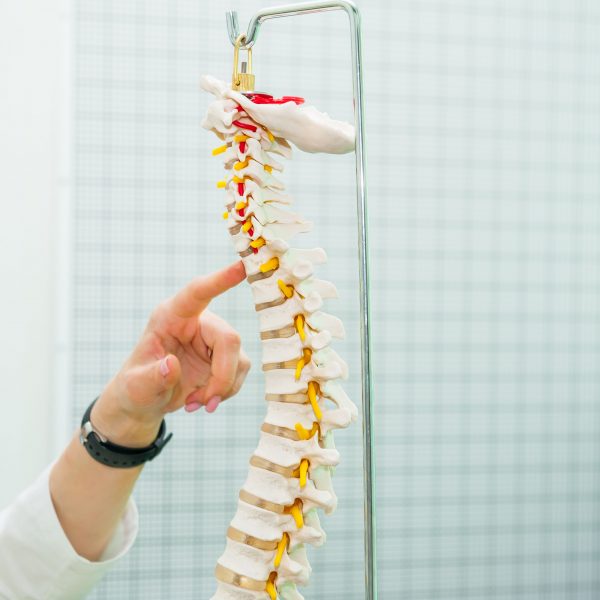- Evaluate finances to ensure you can meet financial obligations and budget appropriately.
- Maintain a healthy lifestyle to reduce health risks and lower insurance costs.
- Access free preventive care services and use medical insurance to cover additional tests.
- Consider in-home health aides, nursing homes, or hospice care for further assistance.
- Reconnect with family and loved ones to enhance mental well-being during retirement.
Retiring is an exciting time in life when you can have the freedom to focus on the things that matter most to you. With proper preparation, retirement can be a time of financial security, good health, and increased happiness.
Studies have shown that retirees experience numerous positive benefits. A National Institute on Retirement Security survey found that 84% of retirees report being very or somewhat satisfied with their retirement. This satisfaction was linked to having meaningful work, adequate savings, and a sense of purpose beyond money.
Additional research suggests that retirees also tend to see improvements in physical and mental health upon retiring. One study by the University of Michigan showed that depression among retired Americans dropped by 40%. Another research paper published by Stanford University found that retired people saw a significant increase in physical activity levels compared to non-retirees.
Retirement also brings more free time for leisure activities, which can help improve overall well-being and happiness levels. In fact, according to a study from the Urban Institute, 78% of retirees reported being engaged in leisure activities at least once a week compared to just 54% of those who hadn’t retired yet.
However, preparations will be necessary for your later life stages to ensure you can enjoy retirement benefits. Here are a few steps you should take to make sure that you are ready for this significant milestone:
Evaluating Finances

Retiring can be costly, so you must ensure your finances are in order before transitioning. Financial planning is an integral part of retirement preparation as it will help ensure that your money lasts and you can meet all your financial obligations during this time.
When preparing for retirement, take the time to evaluate all aspects of your finances, including income sources, investments, savings accounts, expenses, and debts. You’ll want to know exactly how much money you have coming in each month from pensions and Social Security benefits, how much you need to save for retirement, and what kind of expenses you can expect after retiring. This will help you budget appropriately for the future and ensure you don’t outlive your savings.
It’s also essential to determine whether or not additional sources of income may be necessary later on in life. Consider taking up a part-time job during retirement, if possible, or look into freelance opportunities that would allow you to supplement your income while still maintaining a comfortable lifestyle.
Keeping Health in Check
Health can be a significant factor for retirees, as medical and long-term care costs are typically higher with age. Therefore, staying on top of your health during the years leading up to retirement is essential. Here are a few things you need to do:
Maintain healthy lifestyle
A healthy lifestyle will be vital to reducing health risks and keeping your insurance premium costs down. Eat a balanced diet, exercise regularly, quit smoking if you smoke, and get adequate sleep each night. These habits will help maintain your physical and mental well-being during retirement.
Visit doctor regularly
Seniors will access free preventive care services, including annual wellness visits, screenings, and vaccinations. Please take advantage of these services as they could help detect any potential issues early on. If you have medical insurance, you can also use it to cover the cost of additional tests and treatments.
Learn your limitations
Retirees need to be realistic and assess their health limitations. While you may still have the energy to go on adventures and travel, it’s important to recognize when you need assistance or require more rest. This will help ensure that you can stay healthy while maximizing your enjoyment of retirement.
Consider health aid
Unfortunately, your health might be where you need additional help or care. You can consider hiring in-home health aides or exploring nursing homes and assisted living facilities. A hospice care nurse can also be an excellent option to provide you with comfort care if needed.
Cherishing Moments with Your Loved Ones

Retirement is also an excellent time to reconnect with family and loved ones. With more free time, you can spend quality moments with them that may have been difficult to fit in while you were working. Schedule regular visits, take vacations together, or enjoy talking with each other.
Having meaningful relationships will help boost your mental health during retirement and keep you connected and content. It’s important to remember that those connections are essential for well-being at any stage of life. A study by The American Association of Retired Persons found that close relationships were linked to increased life satisfaction, even among retirees.
Final Thoughts
Retirement is a significant milestone, and preparing for it both financially and emotionally is essential. By assessing your health and finances and reconnecting with loved ones, you can make the most out of this exciting new stage of life. With careful planning and support from those closest to you, you’ll be able to find joy during retirement.






